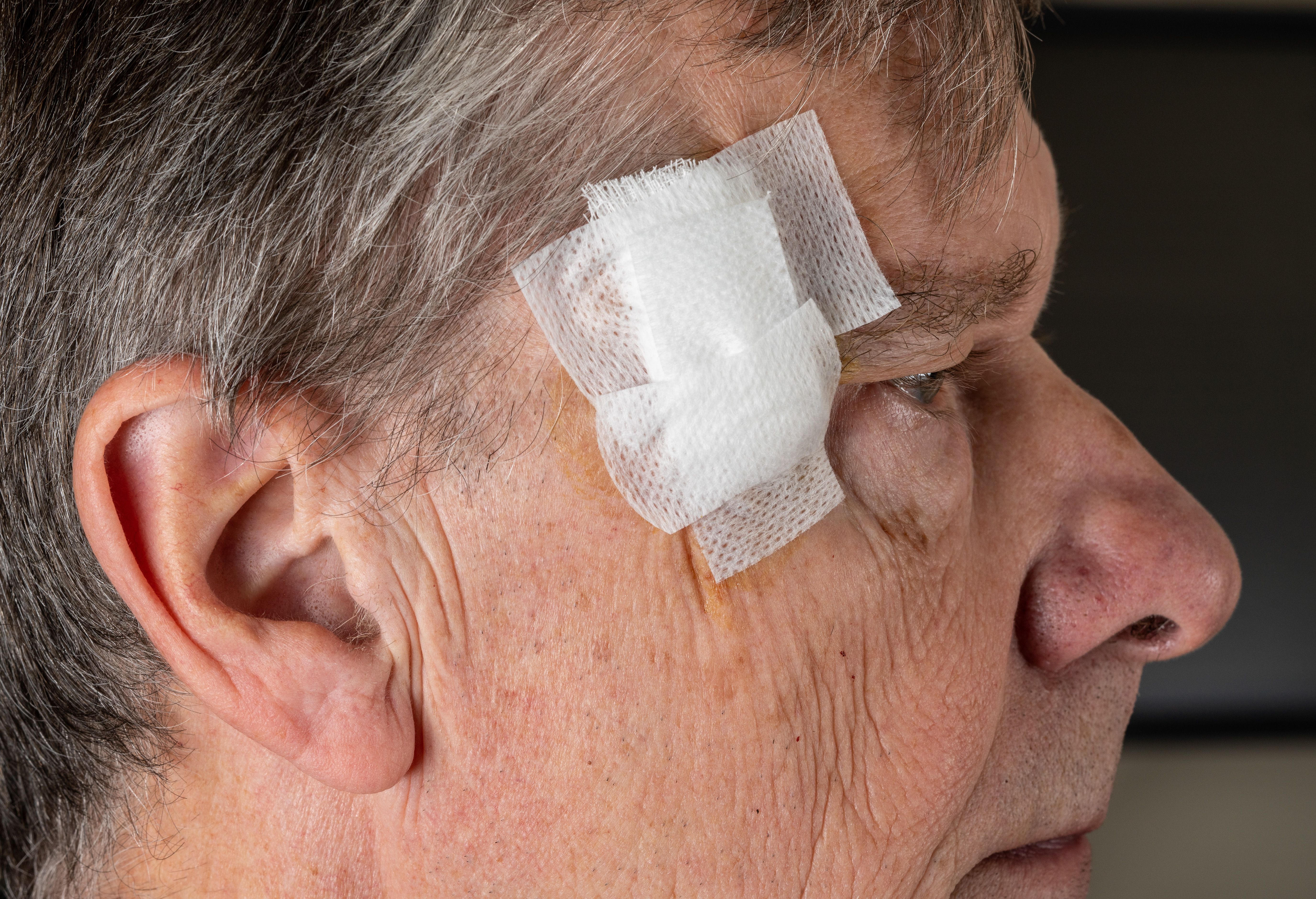- Case-Based Roundtable
- General Dermatology
- Eczema
- Chronic Hand Eczema
- Alopecia
- Aesthetics
- Vitiligo
- COVID-19
- Actinic Keratosis
- Precision Medicine and Biologics
- Rare Disease
- Wound Care
- Rosacea
- Psoriasis
- Psoriatic Arthritis
- Atopic Dermatitis
- Melasma
- NP and PA
- Skin Cancer
- Hidradenitis Suppurativa
- Drug Watch
- Pigmentary Disorders
- Acne
- Pediatric Dermatology
- Practice Management
- Prurigo Nodularis
- Buy-and-Bill
Article
Biomedical tattoo acts as blood calcium sensor
Author(s):
Biomedical tattoo may permit early diagnosis of diseases associated with hypercalcemia, preliminary study shows.
A biomedical tattoo has been developed as a sensor to detect blood calcium concentrations, which are elevated in kidney failure in several types of cancer. The strategy may enable early diagnosis of these diseases, thereby improving the chance of successful therapy. It may also be potentially used to noninvasively monitor the response to treatment.
The implantable sensor consists of cells that express the calcium-sensing receptor, producing melanin in response to sustained elevated calcium in the blood. The thought was that engineered cells would respond via subcutaneous accumulation of the black pigment melanin to form a visible tattoo.
The biomedical tattoo strategy was validated in wild-type mice bearing subcutaneously implanted encapsulated engineered cells, report Swiss researchers in Science Translational Medicine. The mice had tumors that either cause hypercalcemia or tumors that did not affect blood calcium levels.
The tattoos were visible to the naked eye only on the skin of the mice with hyperclacemic breast and colon adenocarcinoma cells, which exhibited no symptoms during the 38-day experiment. “Although hypercalcemia is also associated with other pathologies, our findings demonstrate that it is possible to detect hypercalcemia associated with cancer in murine models using this cell-based diagnostic strategy,” the authors concluded.
References:
Aizhan Tastanova, Marc Folcher, Marius Müller, et al. “Synthetic biology-based cellular biomedical tattoo for detection of hypercalcemia associated with cancer.” Science Translational Medicine. Published: April 18, 2018. DOI: 10.1126/scitranslmed.aap8562.





